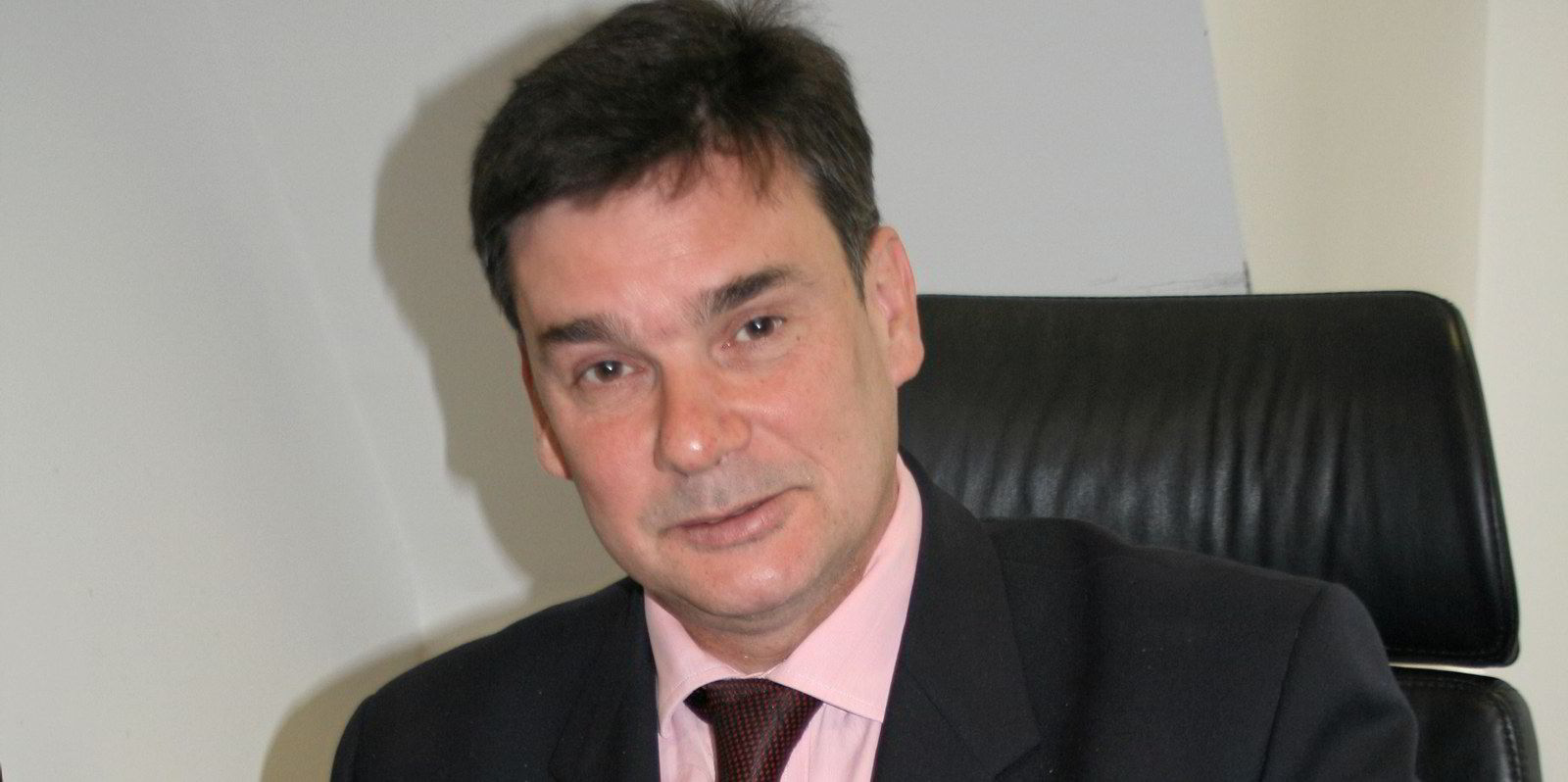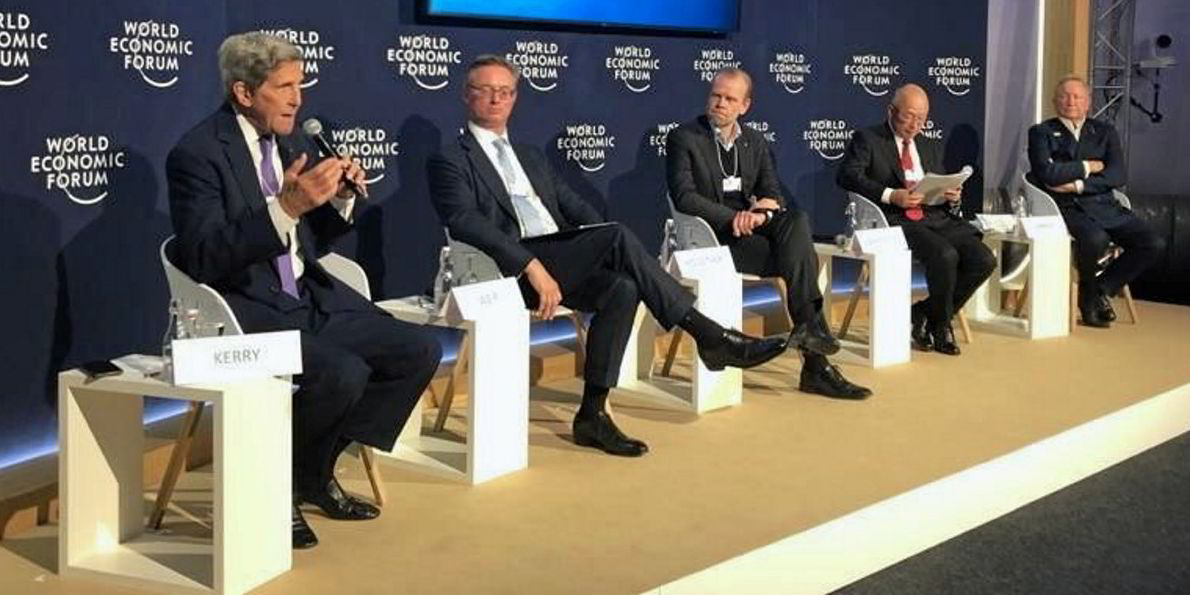Next week, shipping’s focus will largely be on Posidonia in Athens.
That is where pent-up networking energy will be unleashed on a dizzyingly packed schedule of parties, cocktail hours, dinners, seminars, forums and half as many sporting competitions as the first modern Olympics.
But at the same time, the International Maritime Organization will meet virtually in a key committee meeting to chart a course toward decarbonising shipping.
Do not expect a major decision, but the Marine Environment Protection Committee (MEPC) meeting scheduled to begin on Monday should not be ignored, as it will provide indications of the road ahead to tackle shipping’s greenhouse gas emissions.
While there is growing consensus that the IMO should target some form of zero-carbon goal in 2050, rather than its current goal calling for a 50% cut in CO2 output, watch for further discussion on the wording.
Stakeholders like the International Chamber of Shipping (ICS) are calling for “net-zero” emissions, but others are concerned that such language could leave the door open to allow offsetting emissions from outside the sector.
For Tristan Smith, a reader in shipping and energy at University College London’s UCL Energy Institute, the goal should be “zero on a life-cycle basis”, meaning the well-to-wake emissions should amount to zero emissions.
“And that doesn’t mean that the only fuel that anyone can burn from now onwards is green hydrogen. What that means is that you have to be unambiguous about what’s the ultimate objective,” he said.
He believes any goal that is ambiguous would threaten to drive investment decisions away from decarbonisation.
Some nations, like oil-producing and developing countries, are still reticent to commit to a mid-century zero emissions target. And yet other delegations have called for an “absolute zero” target, although there are widespread concerns that would set an impossible goal.
Intermediate targets
Also, shipping stakeholders should pay attention to debate at the IMO meeting on potential new decarbonisation targets before 2050.
Bryan Comer, head of the marine programme at non-profit research group International Council on Clean Transportation, wants to see 2030 and 2040 targets added to the IMO’s carbon strategy.
“The initial strategy only has a carbon intensity goal for 2030, and it’s pretty weak,” he said. “We’re pretty much already there, and we’ll definitely be there by 2030.”
But the ICS is cautious about newer, earlier targets.
Deputy secretary general Simon Bennett said that is partly because there is already an agreement on a 2026 review of the Carbon Intensity Indicator (CII), a regulation that grades ships’ based on their carbon output.
But the group also sees a risk in setting an intermediate goal when the focus is on 2050.
“Our concern is, if you set up such targets, the danger is that in the short term, the industry will be forced to do what measures are necessary to meet those intermediate targets, but that can be counterproductive to the achievement of the zero-carbon goal,” he said.
One decision that MEPC is facing pressure to make next week is on finalising guidelines for the CII, which is set to go into force at the start of next year.
As reported in our Green Seas newsletter, a working group ahead of the meeting cast aside an effort by shipowners’ groups to add exemptions for rough weather and port waiting times. Shipping, it appears, will likely have to get used to the idea of complying with this regulation.

Meanwhile, shipowners’ groups and countries led by Liberia are still pushing for a $5bn fund, powered by a levy of $2 per tonne of bunker fuel, in a bid to jump-start new research and development of zero-carbon technologies.
The coalition has tried to make it more attractive by providing a portion of the funding to developing countries.

But the International Maritime Research Fund proposal is facing an uphill battle.
There is a chorus of delegates worried about the time such a proposal would take from future debate over mid-term decarbonisation measures at the IMO, where consensus is growing about combining technical rules with a price on carbon.
And that leads to another theme to watch for in next week’s MEPC meeting: bandwidth. Delegates will be discussing the schedule of future working group meetings on decarbonisation.
The United Nations’ body has much to tackle if it is to ramp up its ambition, and it will need to make sure it has the bandwidth to get the job done.
More news on sustainability and the business of the ocean
- Lawyers for Fred Olsen Cruise Lines are going after the buyers of a former cruise ship in court to block its imminent beaching in India. Recycling the vessel in this way would violate a sales contract clause calling for green scrapping of the vessel. Click here to read the story.
- Green ammonia derived from renewable hydrogen could become a tradeable commodity as soon as 2025, when the initial commercial-scale cargoes of the fuel begin shipping, an executive at global commodities trader Trafigura told Recharge. Click here to read the story.
- Dutch sailing cargo vessel start-up EcoClipper has signed up with sustainable shipbroker New Dawn Traders to fill its first ship. Click here to read the story.




